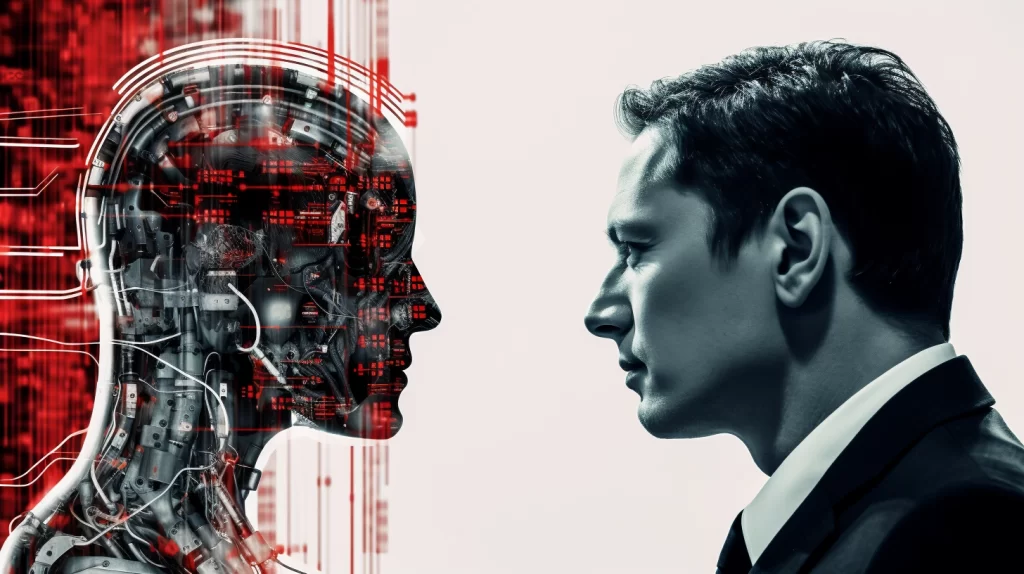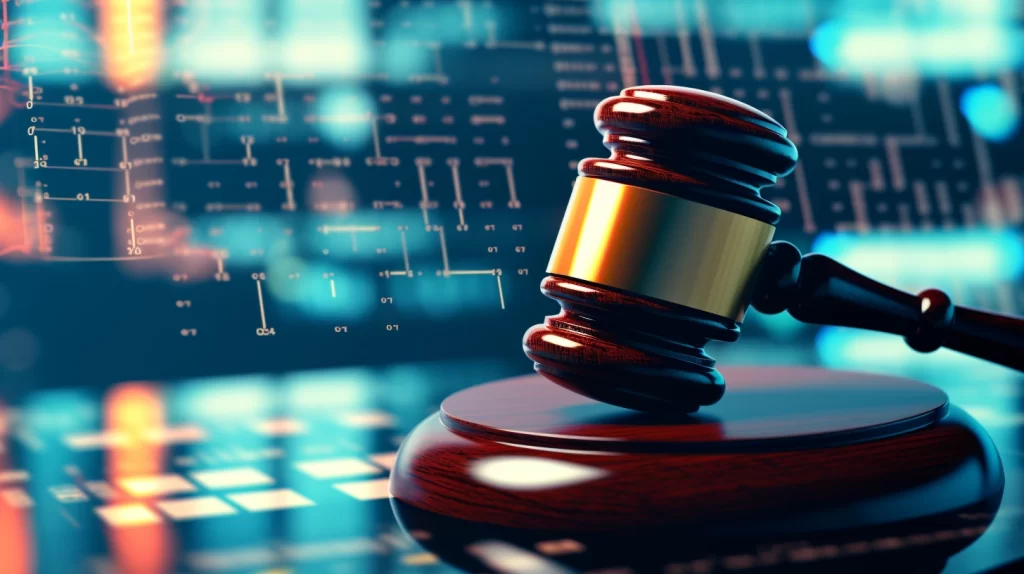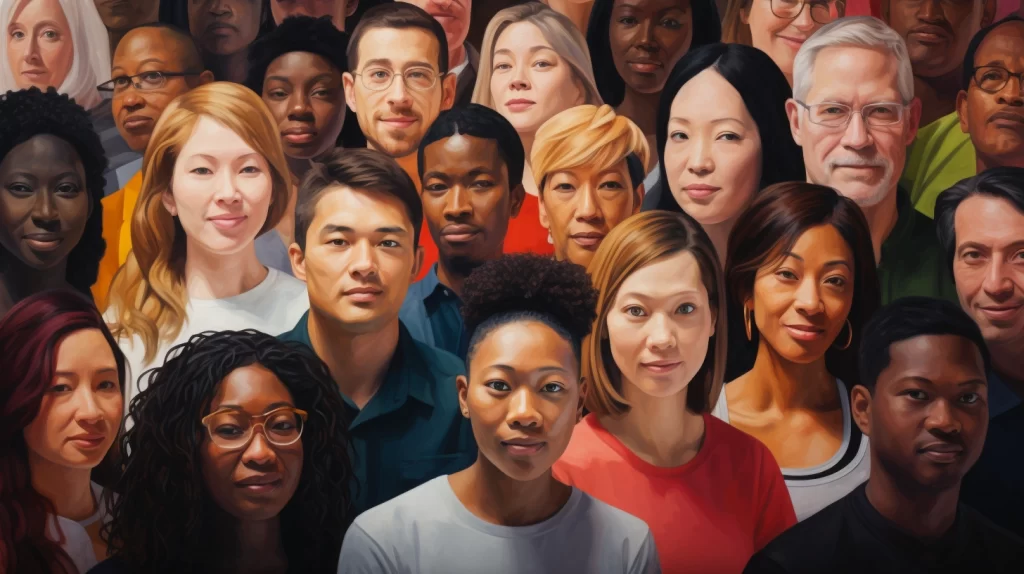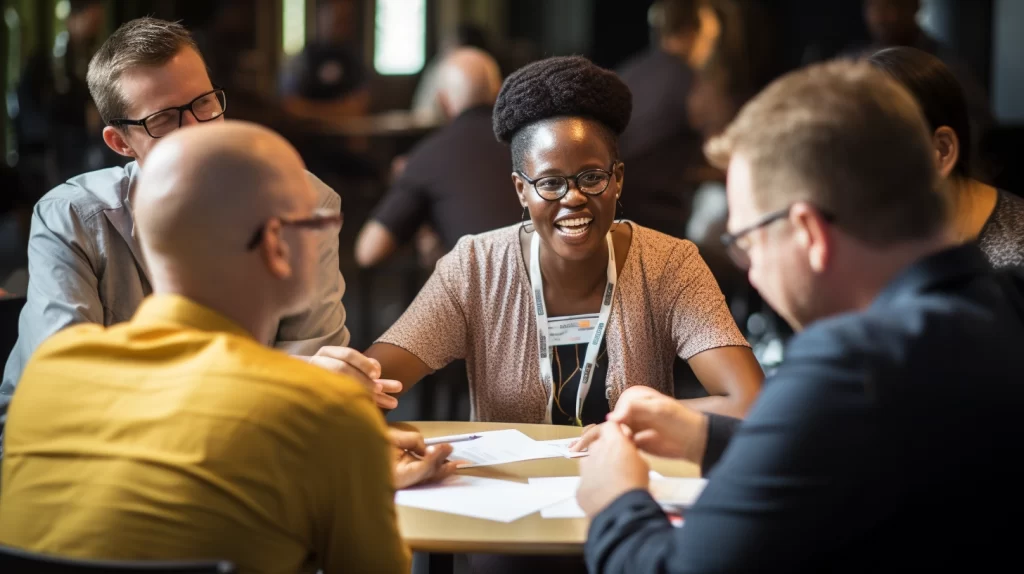Obama sat down with The Verge’s editor-in-chief and Decoder host Nilay Patel to talk about the importance of AI, social networks, and how to think about democracy as both of those things collide.
The conversation, which took place just hours after President Joe Biden signed his executive order on AI, covers some of today’s biggest issues in tech and policy. As advances in machine learning continue apace – includiew breakthroughs in areas like language processing – democracies are grappling with how to govern AI innovations responsibly. In a recent wide-ranging interview, Obama laid out his perspective on AI oversight with characteristic thoughtfulness grounded in expertise both as former president and Harvard legal scholar. He acknowledges massive promise tempered by risks as algorithms grow more intelligent and central across various sectors. This post highlights key quotes and takeaways from Obama’s AI governance framework, spanning the technology’s hopes and hazards as well as concrete recommendations on steering innovation in the public interest.

The Promise and Potential Perils of AI
“This is going to be a transformative technology,” Obama said. “It’s already in all kinds of small ways, but very broadly changing the shape of our economy.” He sees AI as having massive potential to spur innovations in medicine, energy, education, and more – “the potential for us to have enormous medical breakthroughs, the potential for us to be able to provide individualized tutoring for kids in remote areas.”
But the former president also recognizes AI comes with risks, like empowering “somebody in a basement who develops a new smallpox variant.” Or, “because of a powerful tool, can hack into critical infrastructure.” He worries AI could have unintended impacts on kids, infiltrating their lives “in ways that we didn’t intend,” much like social media already has.
But Obama still believes the benefits outweigh the costs: “Incredible innovation, incredible promise, incredible good can come out of it.” The key is setting regulatory “guardrails” to maximize the upside and minimize harm, not “putting the genie back in the bottle.”

Humility and Urgency Among Tech Leaders
Unlike the past hubris of Silicon Valley, Obama has noticed “some genuine humility” recently among AI developers: “They are seeing the power that these models may have.” One sober executive told Obathat ma AI’s impact could be analogous to “electricity” – a profound transformation of society.
Obama says tech leaders now recognize that without reasonable constraints, “we just have an unfettered race to the bottom, that this could end up, you know, choking off the goose that might be laying a bunch of golden eggs.” Safety protocols remain inadequate in Obama’s view, but he sees tech companies increasingly welcoming government help to address AI’s risks before they spiral out of control.

Guardrails, Not Zero-Sum Constraints
While AI regulation involves complex tradeoffs, Obama believes protecting public welfare need not come at the cost of progress: “Having some smart guideposts around which innovation takes place not only doesn’t slow things down, in some cases it actually raises standards and accelerates progress.”
He points to historical examples like car airbags, food safety standards, and electrical safety codes that provided needed safety infrastructure without stifling industry growth. The framework for governing AI “can’t be a fixed framework” given the technology’s pace, and it requires collaboration between government and private innovators. However modest, flexible rules developed democratically can steer AI to benefit shared interests.

The Challenges of Governing AI
Obama recognizes that governing algorithmic technologies poses distinct challenges compared to past media like broadcast or telephony. “The Internet, by definition is a worldwide phenomenon,” he notes, which means regulations likely need international coordination. Additionally, the industry’s current concentration among just a handful of central platforms makes oversight tricky.
But Obama ultimately believes there are lessons from societies’ previous adaptations to transformative technologies, from radio and TV to today’s Internet: “We had to do this when radio emerged. We had to do this when television emerged. And, you know, it was easier to do back then, in part because you had three or five companies or, you know, the public through the government, technically owned the airwaves.”
The same democratic responsibility applies, even if retooled for today’s digital reality. Though specifics like content moderation remain complex, Obama believes in empowering the public to help govern shared infrastructure central to people’s lives.

Prioritizing Investments In People
As AI grows more advanced, Obama anticipates perhaps 10% of jobs may soon be automated. But he worries past suggestions for workers to retrain as programmers or enter other technical careers may prove inadequate.
“If AI’s coding better than all but the very best coders,” he points out, or software can outperform entry-level lawyers, displaced workers require broader structural and societal adaptations. Obama suggests perhaps regulating hours worked or job-sharing to spread employment as automation rises. He says societies must prioritize new investments in roles AI cannot replace, which tend to be care-oriented fields today undervalued and underpaid.
“We’re going to have to start having conversations about how do we pay those jobs that can’t be done by AI?” Obama asks. “How do we pay those better – healthcare, nursing, teaching, childcare, art – the things that are really important to our lives?” Addressing the full impact of automation on employment and incomes at scale is a key challenge in steering AI responsibly.

Public Service as Essential for Governance
Given AI’s broad social consequences, Obama stresses that technology cannot be left solely to isolated technical experts. “We need to make sure that everybody can have confidence that whatever journey we’re on here where they are, that it’s not just being driven by a few people,” he says.
Obama applauds President Biden’s executive order asking young technologists and technical experts to complete tours of public service helping govern AI. Their technical fluency can aid oversight from within the government, bringing urgent skills where they are needed. And the experience may provide a vital perspective on AI’s human impacts that remote technical work lacks.
“It’s remarkable how many really high-level folks decided that for six months, for a year, for two years, that devoting themselves to questions that are bigger than just, you know, what the latest app or video game has turned out to by important to them and meaningful to them,” Obama recounts from prior initiatives recruiting technical talent to government. Patriotic service oftentimes cultivates responsibility towards one’s society and community, acting as a crucible hopefully shaping those overseeing transformative innovations going forward.

Ongoing Public Dialogue Around Shared Principles
Ultimately, Obama stresses AI governance will be an ongoing process of open-ended adaptation, not a single grand solution. He believes establishing oversight now lays a foundation for the continuing evolution of frameworks regulating algorithms’ power responsibly as capabilities grow.
“We don’t know all the problems that are going to arise out of this. We don’t know all the promising potential,” he admits. Investing in public dialogue, through both policy and cultural conversations, can build democratic consensus around shared principles for navigating AI’s continual surprises responsibly.
Obama concludes, “We’re going to have to have a much more robust public conversation around these rules and agree to some broad principles to guide us.” His parting plea? “If you are interested in helping to shape all these amazing questions that are going to be coming up, go to www.ai.gov.“
Want to read more important interviews about AI? Check out our recent story with UK Prime Minister Rishi Sunak interviewing Elon Musk on the perils of AI.
